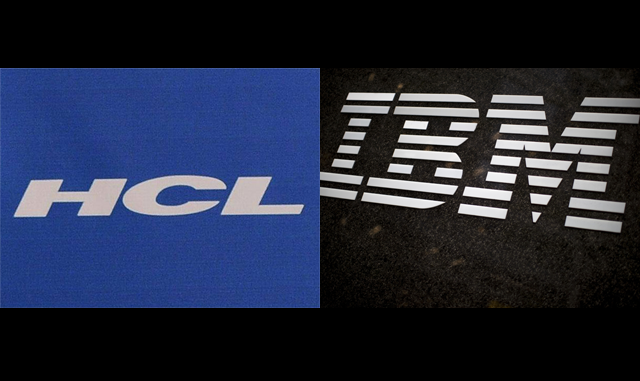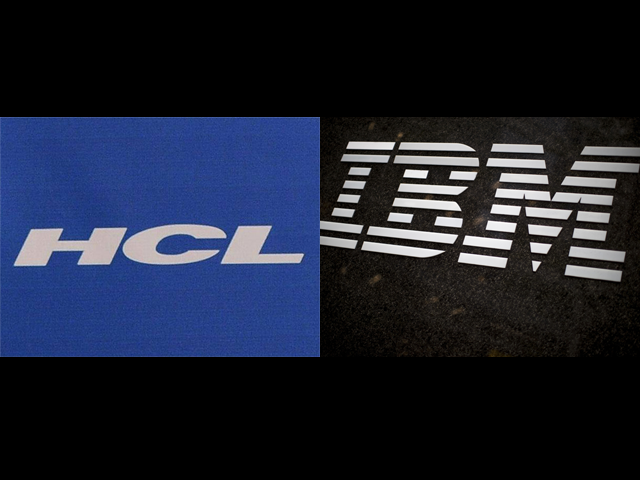
HCL Technologies has taken an exceptional route to partly counterbalance the decrease of IMS (Infrastructure Management Services), its traditional workhorse.
The 4th-largest IT services company in the country has forced in $780 Million into 5 IP (Intellectual Property) joint ventures with IBM. The investment on these IP contracts, inked over the past 5 Quarters, exceeds the capital expenditure of the company in the 4 years starting 2013–2014 (almost $695.4 Million). The joint venture has so far gained income of a little more than $200 Million.

The IP contracts are fraction of an engagement of 15 Year with IBM for DevOps and automation solutions. Some portion of the investment will be amortized over the time of the engagement (paying back of intangibles lowers the value of the intangible property over a period of time).
On the basis of anticipated yearly amortization expense schedule of HCL for intangible property, the outstanding amortization is $510 Million beyond 2022. A financial expert, who wished to be unnamed, claimed that the majority of the amortization is going further than 2022 and considering the fact that obsolescence is extremely high in the technology sector, the carrying value appears very positive. The amortization will have an influence on the net profit of the company going forward.
HCL made an entry into an analogous partnership a couple of years back with the DXC to run and modernize apps on Hogan—one of the mature core banking platforms. On the other hand, the joint venture did not take off as anticipated.
Jimit Arora, who heads IT services research practice of Everest Group, claimed that in the future of IT services, bionetworks will be key to the significance of firms. He claimed that a range of models will develop, comprising frenemies/co-opetitors. “The idea that any firm can do it all by themselves will be self-disparaging. The HCL-IBM joint venture and the earlier previous CSC-IBM joint venture are all instances of this similar model. On the whole, we view IBM looking to monetize its properties and divest the parts of the portfolio that do not basically line up to a cognitive world,” he claimed.
